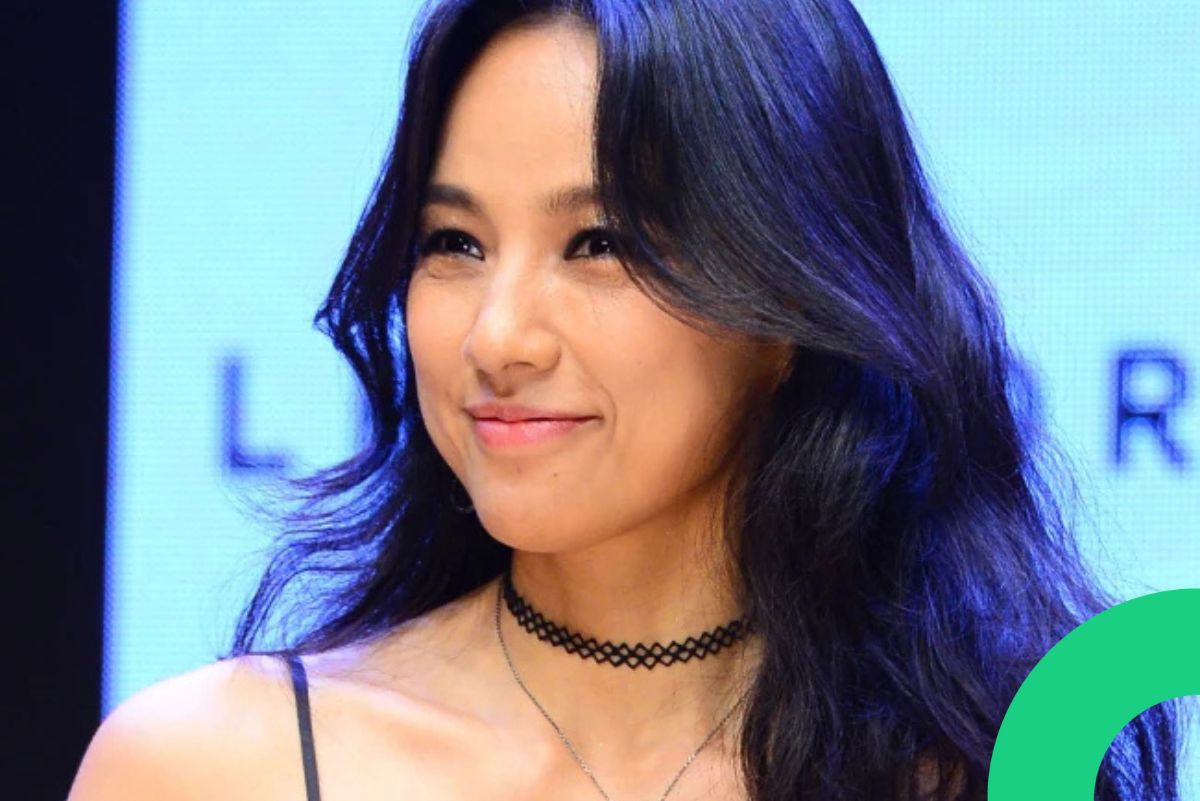Lee Hyori Earned 4.2 Billion KRW in 5 Months: The Queen Returns to Commercial Ads

On the June 6 broadcast of KBS Joy’s “20th Century Hit Song” (Episode 267), the theme “It’s Cheating~ Overpowered Talent! Hexagonal Singers Hit Song” highlighted multi-talented artists who shined in diverse fields.
Before diving into the rankings, Lee Mi-joo asked, “Do you know what we call someone who’s great at singing, dancing and is good-looking?” She answered “A hexagonal person”, naming BTS’s Jungkook, BLACKPINK’s Jennie, actor Jo Jung-suk and singer Lee Chan-won. Kim Hee-chul agreed, noting how stars today are not just visuals but full of talent.

Ranked 4th on the list was none other than Lee Hyori with her 2003 hit “Hey Girl”. Kim Hee-chul commented “It’s practically an insult to measure Lee Hyori by any scale”, emphasizing her unmatched status in K-pop.
What truly stunned viewers was the revelation that Hyori earned approximately 4.2 billion KRW (around 3 million USD) within just five months after resuming commercial advertisements—her first in 11 years. As soon as she made the decision, major brands rushed in with love calls, eager to collaborate with the beloved icon.
Netizens’ Reactions
Now that this story has resurfaced, public opinion is once again divided. Some netizens have voiced concern that skyrocketing celebrity endorsement fees may be contributing to increased product prices and overall inflation. In today’s era of high living costs, the disclosure of such massive earnings is said to provoke emotional backlash and affect consumer sentiment.

Critics argue that exorbitant fees are ultimately reflected in product pricing, placing undue financial pressure on consumers. However, others defend the singer, stating that her earnings are a fair reflection of her influence and market value. “Why are celebrities being blamed for doing their jobs?” one user wrote. “She’s being paid for the value she brings, there’s nothing wrong with that.”
Some also lament that transparency around celebrity income can lead to unwarranted criticism. They argue that the culture of scrutinizing entertainers for their legitimate success needs to change. Instead, a more mature perspective, one that respects market dynamics and personal achievement, should be encouraged.

As the debate over celebrity endorsement fees continues, many are calling for a cultural shift where public figures’ success is celebrated for its positive brand impact, not weaponized as a point of controversy.



